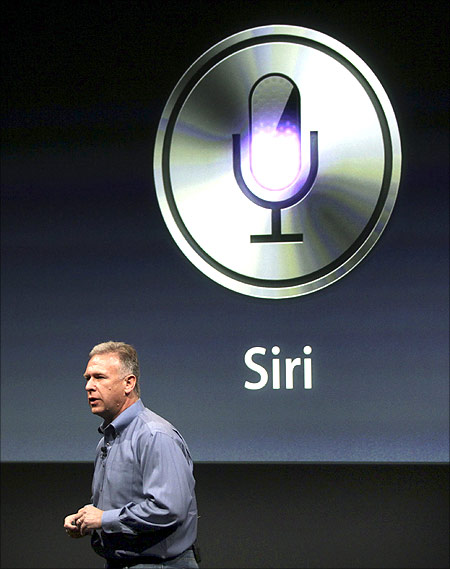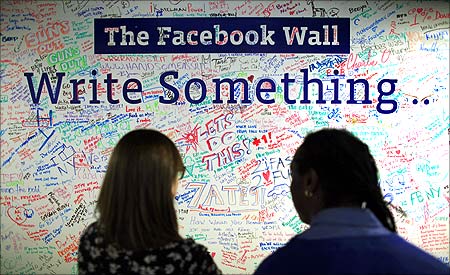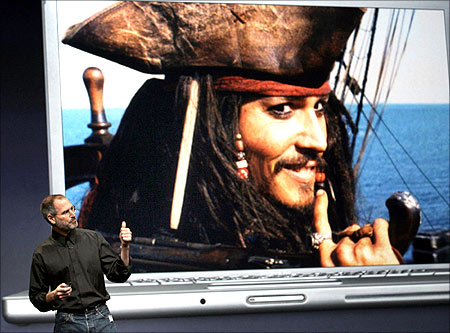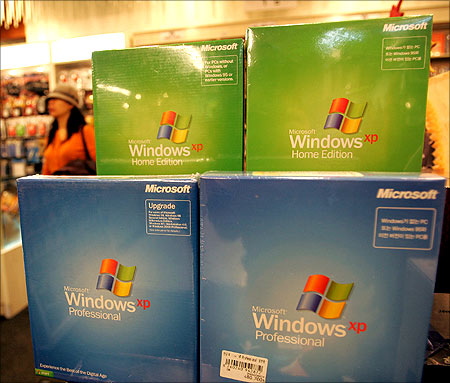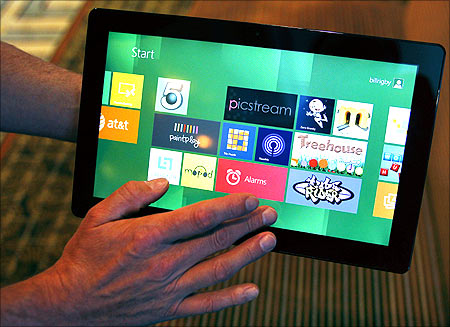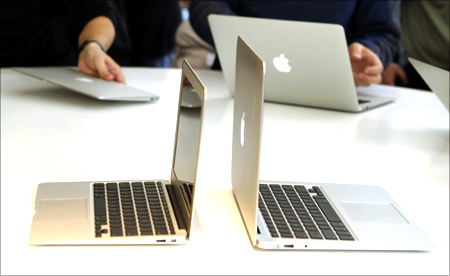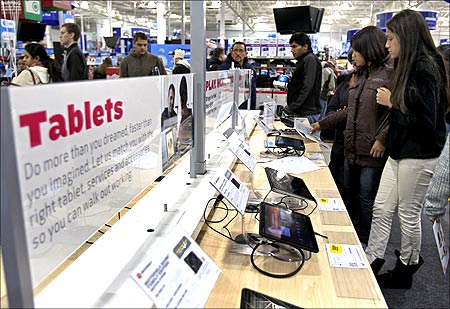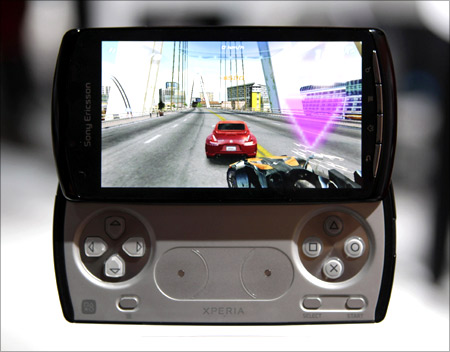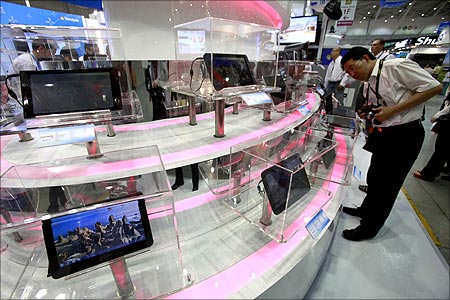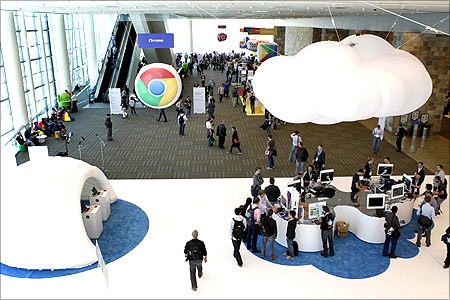 | « Back to article | Print this article |
Top 10 technology trends for 2012
With technology evolving nearly every month, 2012 is expected to be an exciting year for tech lovers.
We take a look at top 10 technology trends for next year, based on technewsworld's predictions.
Click NEXT to read more...
Top 10 technology trends for 2012
Voice Command
A voice command device is a device controlled by means of the human voice.
By removing the need to use buttons, dials and switches, consumers can easily operate appliances with their hands full or while doing other tasks.
The success of Siri is clearly driving a lot of folks to create similar offerings, so expect this type of technology to make it over to other handset makers and into tablets next year, says technewsworld.
Click NEXT to read more...
Top 10 technology trends for 2012
Decline of email
Technewsworld says children coming out of school don't have email accounts anymore and live on social networks and in messaging products.
Files are getting too large to send in email anyway, for the most part, and downloading services that allow you to share links are vastly quicker and often more smartphone/tablet friendly.
Click NEXT to read more...
Top 10 technology trends for 2012
Hosted services
Google started the ball rolling with apps, and OnLive lit a fire under this with games. As we move into 2012, more and more of what we access will be hosted, says technewsworld.
Already, movies are streamed rather than downloaded, and it won't be long until most of our applications exist on the Internet and don't run locally. Expect a big push in this direction in 2012.
Click NEXT to read more...
Top 10 technology trends for 2012
App stores
This trend continues and accelerates into 2012 with the launch of Microsoft's app store and the expected death of packaged software products, says technewsworld.
As for the software you run locally, you'll increasingly buy it from a trusted app store, though that store may be offered by Amazon or your laptop supplier.
Click NEXT to read more...
Top 10 technology trends for 2012
Windows 8 - Touch
This product is a trend in and of itself, and it represents the biggest bet that Steve Ballmer's Microsoft has ever made, says technewsworld.
The company is going to singlehandedly blur the lines between PCs and tablets and hope that users don't get confused.
This will bring touch into the mainstream of the PC market and narrow the gap between notebooks and tablets.
Click NEXT to read more...
Top 10 technology trends for 2012
Thin is in
Driven largely by tablets (mostly iPads) and ultrabooks (including the MacBook Air), next year will be the year when thin moves across the mainstream of notebook computers, says technewsworld.
This won't just be for PCs, as thin products will continue to be driven in smartphones, tablets, and TVs as well. Vendors will continue to compete to be the thinnest in every category.
Click NEXT to read more...
Top 10 technology trends for 2012
TIS (tablets in stuff)
Samsung has already bought out a refrigerator with a built in tablet computer and others are likely to follow their example, says technewsworld.
Cars will be shown with tablet-like features built into their dash, and this iPad effect will likely extend to things like home automation and high-end home alarm systems as well.
And yes, you'll likely be able to install apps on many of them.
Click NEXT to read more...
Top 10 technology trends for 2012
Peer-to-peer gaming
Qualcomm will be pushing peer-to-peer gaming into smartphones next year, and this could spell the end for most standalone gaming systems, says technewsworld.
This will allow people to engage others in games without running up data charges, since the phones talk directly to each other, and gaming may be faster as well, because there is no network latency.
Click NEXT to read more...
Top 10 technology trends for 2012
Cores are us
In tablets, we'll move from two cores to up to five cores for Nvidia's Tegra 3 offering. These multicore offerings should allow the next generation of tablets to approach the low end of PC performance, and they'll be ideal candidates for the ARM version of Windows 8.
Click NEXT to read more...
Top 10 technology trends for 201
Privacy/security
The one final trend technewsworld expects is a near rabid focus on privacy. Going into an election year in the US, it just seems likely that someone in politics will be hacked, embarrassed, and will go on the warpath on privacy regulation as a result, it says.
That or the US will have a nationwide hostile attack of epic proportions; this is supported by a dire report from McAfee that showcases Android as excessively unsafe.
Android is currently the most successful product on smartphones.

